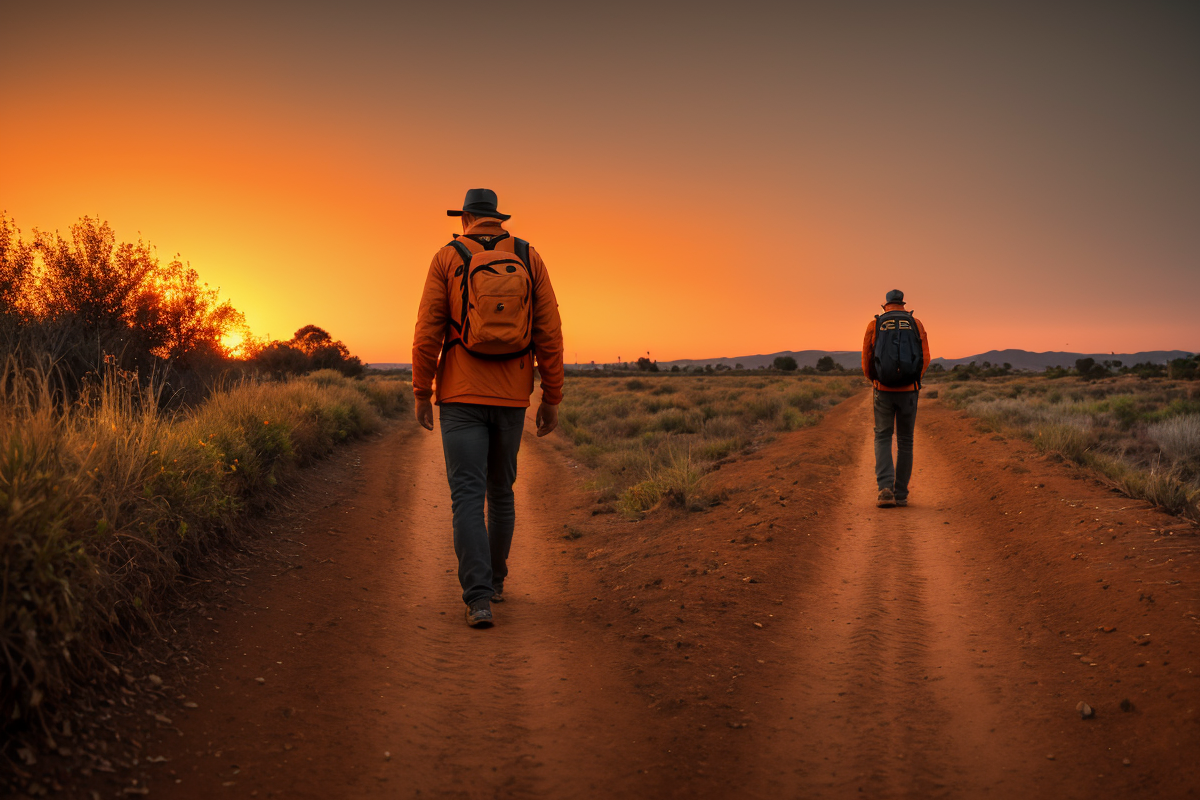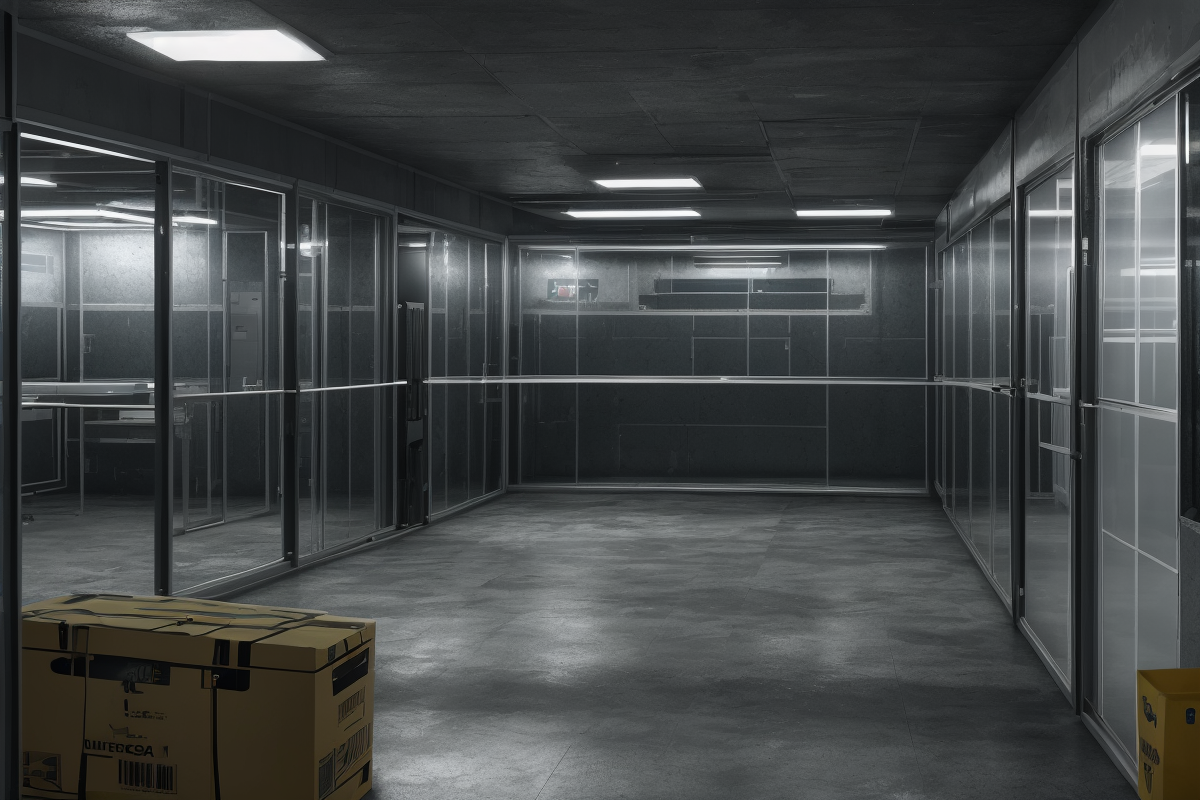How Inaction Was Worse Than A Bad Outcome

I tried quantifying my fears. The math checks out.
The Horrors Of Imagination
There have been many times in my life when I’ve hesitated to do something I wanted to do for extended periods of time. I’m talking about months or even years of putting it off.
After going through a lot of failures and embarrassment, I’ve started to realize that the fears of what might happen are often much worse than reality.
(*Insert that one Michel de Montaigne quote here*)
However, I think it’s easy to say that in hindsight. Plus, it’s not an absolute rule, nor a solution to my hesitation. Even after a prior success, I’d then begin to think…
“Okay, last time it didn’t go so bad…
…but what if THIS time it goes horrible?”
And I’m back to square one.
The honest truth is, my catastrophizing fears of the unknown will likely remain for some time. I don’t believe it’s fair to call them completely irrational either.
There have been cases where the worst scenario has occurred. Ironically, many of them happened when I didn’t fear the worst. I was actually feeling pretty pumped up.
That just made the fall that much harder to palete.
In my first semester of college in 2018, I was taking a communications course. The entire class consisted of having to do speeches. And if you’ve read some of my prior accounts, you’d know that I was still an anxious wreck.
On one fateful day, I was up for a speech. I was playing Pokemon GO on my way to class when I encountered a shiny Pokemon. For those who don’t know, a shiny is a rare color variant with about a 1 in 450 chance of appearing.
I took it as a sign of good luck. I was going to… not fail this speech. I was hyping myself up with a false sense of confidence. Feeling hopeful, I walked into that classroom.
And I completely bombed. I forgot 90% of what I wanted to say due to nerves. I didn’t have any notecards, because I had tried them before and they didn’t work. It was basically four minutes of silence, with me intermittently blurting out the few lines I could remember.
Probably one of the worst moments I had in college.
After that, I returned to my dorm, read all of the sympathetic feedback from my classmates, and had a good cry. It was a bittersweet moment. But way more bitter than sweet.
That was an example of the actual event being way worse than envisioned in my head. However, there are also many scenarios where the opposite is true. In fact, I’d argue that most situations are like that.
Comparing Levels Of Uncertainty

I have a lot of fear rooted in uncertainty and the unknown. All these hypothetical situations run through my mind, causing me to avoid doing what I want to do. In other words, nothing.
But doing nothing causes me to feel even worse. Which causes even more uncertainty. Which then makes me feel worse.
Writing on Medium is one example. I’m not going to say it was terrifying, as I had partaken in similar endeavors before. But there was still a lot of worry regarding using social media again.
“What if I say something stupid?”
“What if people don’t like me?”
“What if I’m just not good enough?”
These are fears that I’ve experienced time and time again. But that isn’t all. Because the longer I spent worrying about publishing to the public, the worse I felt for not doing so.
“If I had started earlier, I’d already be [someplace].”
“I want to do this, but I can’t.”
“What would have become of me if I had done it?”
This can be generalized to the fear of doing. From ruminating on all the scenarios floating through my mind. It can be paralyzing. But that frozen state also makes me feel worse.
However, what if I had just done whatever I wanted to do?
Deciding to begin writing, for example, would eliminate one element of that ambiguity. It would no longer be about whether I should’ve started. Because I already did start. So I won’t have to worry about that anymore.
I’d put myself and my thoughts out into the world. And I would allow the scenario to play out and come to a definite conclusion.
I will either say something stupid today, or I won’t.
I will either be disliked by others today, or I won’t.
I will either be good enough today, or I won’t.
Of course, the latter outcomes would be preferable to me. I would like to have sound ideas. I would prefer to be liked. And I would hope I’m good enough as a writer.
But even if I’m not any of those, it likely won’t be as bad as I think.
If I believe I’ve said something ludicrous, I can either stand by it or change my mind. If I get the feeling I’m disliked, I can examine myself to see if there’s a reason behind it or not. If I think I’m not good enough, I can always take steps to learn more and do better in the future.
And that would be growth.
On the other hand, if I discover that none of these feelings are valid, then I’ll be able to confidently work toward dispelling them. That won’t stop me from trying to do better. But it’ll show that the fears were largely unfounded.
By doing this, I’ve been able to narrow the range of possibilities from an infinite number of terrifying ones, to a smaller set of more grounded, realistic events. Events that are much more palatable and manageable.
It’s still possible for the worst to happen. I may say something that could be perceived badly. It may be valid or it may not. I may draw some ire because of it.
But over time, as I continue to experience it not happening, I’ve gained evidence to the contrary. With that, I’ve better equipped myself with the confidence to face it if it does. That’s simply a risk I have to take doing this.
With this, I’ll be able to make better decisions about how to proceed. Even if that decision is to give up and quit, I will do so confidently, based on real experiences. In either case, I don’t think I’ll regret having tried.
Evidence Of Adaptability

If someone had told me in 2019, the world I lived in would soon be brought to an end by a once-in-a-century pandemic, I’d probably think about all these horrific scenarios.
Would we all become doomed as a species? What will happen to civilization? How horrific would the symptoms of the disease be? How will we be able to stop it?
The real pandemic hasn’t been a cakewalk. It’s been a tragedy on multiple fronts. Many people, including myself, have experienced loss in many forms.
Yet even amidst this scenario, people were able to work through it. We transitioned from in-person to remote instruction and workplaces. Testing sites and vaccinations were developed to combat the virus. We created a new normal.
I wish this scenario never happened. And I won’t say that there weren’t a number of mishandlings. But I think that if anything, the pandemic has been clear evidence of how we can work through adversity.
The uncertainties I face as an individual may not be as high in stakes. But I believe that navigating this fear of doing is still vital. Either way, the thoughts imposed by those fears were still greatly impacting me.
If I’m going to be affected by these thoughts anyway,
I might as well reap the benefits of taking action.
At least I’ll have done what I wanted.
Now, I’ll try to focus on working through the scenario I’ve put myself in. Toward the single outcome that will come from my endeavors. I can only hope I’m moving toward the optimal one.
But if not, I think I’ll be able to work through it as well.
I’ll do my best to make certain of that.
